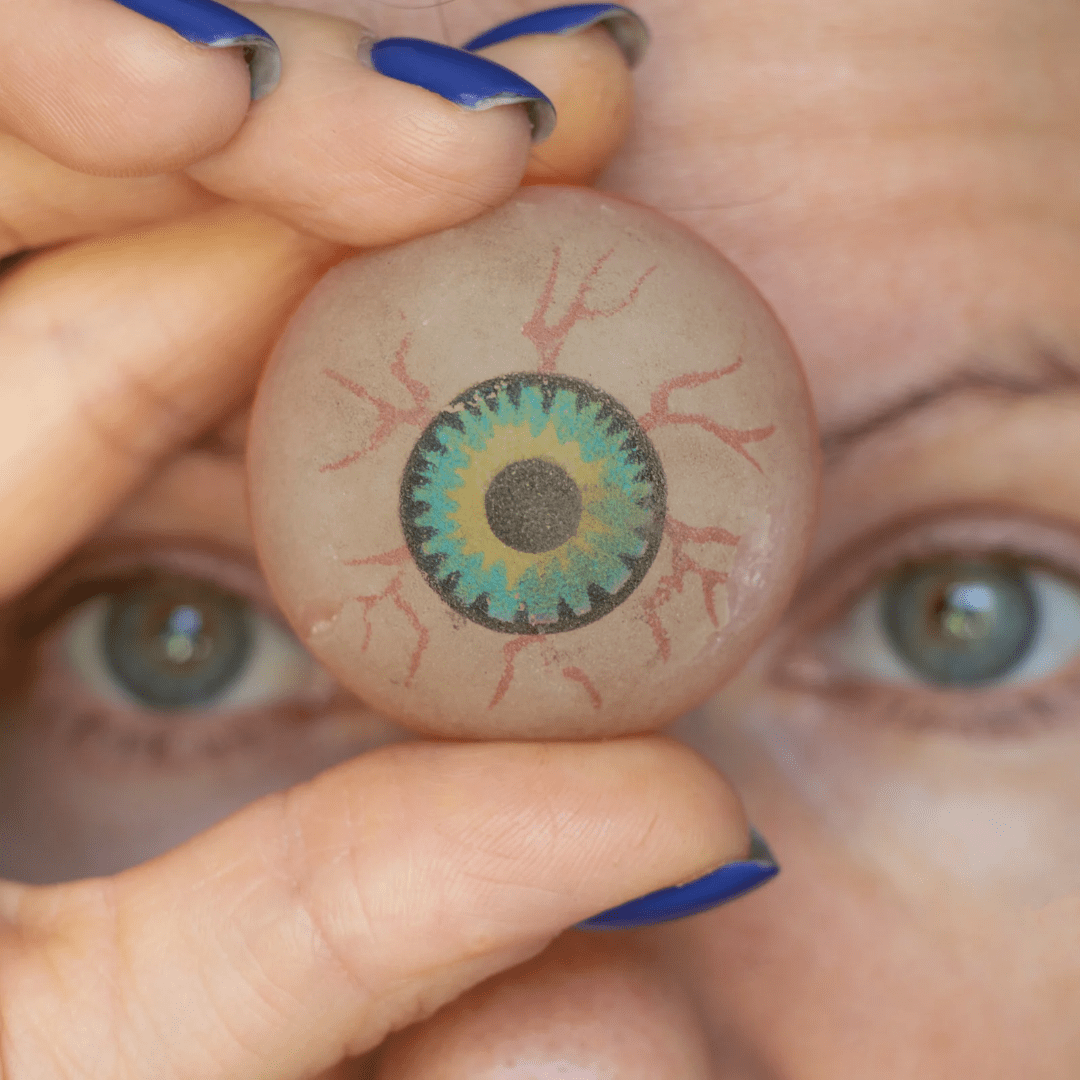Life gets loud, fast, and crowded. When your mind is racing and your body feels stuck in survival mode, you need practices that bring you back to center. This is where holistic healing shines. It looks at you as a whole person—body, mind, emotions, spirit—and invites small daily choices that add up to real change. If you have tried quick fixes and felt let down, holistic healing gives you a slower, steadier way to feel human again.
What is Holistic Healing?
At its simplest, holistic healing is an approach that addresses the full picture of your life. Food, sleep, movement, stress, relationships, and purpose all influence each other. When one area improves, the rest often follow. Instead of chasing symptoms, you build a routine that restores balance from many angles at once.
The 7 Holistic Healing Ways
Below are seven simple practices. None require perfection or expensive products. You only need curiosity, a notebook, and a willingness to start small.
1) Breathe to Reset Your Nervous System
Shallow breaths keep your body on alert. Slow, steady breathing tells your brain that you are safe and can relax. Sit comfortably, place one hand on your belly, and try six rounds of box breathing: inhale four counts, hold four, exhale four, hold four. If thoughts wander, count again. This is a daily anchor for holistic healing because calm is the soil where every other habit grows.
Quick cues: yawn on purpose to loosen the jaw, sigh out slowly, notice your shoulders and let them drop.
2) Eat like You Respect Your Biology
Food is information. Build meals around vegetables, protein, healthy fats, and fiber. Think colorful plates, steady energy, and fewer crashes. Keep a water bottle in sight and add a pinch of lemon or a few mint leaves if that helps you drink more. When you choose food that stabilizes blood sugar, you steady mood and focus too. This is nutrition as a pillar of holistic healing, not a rigid diet but a kind routine.
Try this: one balanced plate per day to start, then two, then most of them.
3) Move Every Day, Even When You are Busy
Movement is a natural mood elevator. Walk after meals, stretch your hips and hamstrings, or set a timer for ten minutes of mobility. On tougher days, put on one song and sway until the song ends. Gentle activity releases tension your words cannot reach. Over time you can add strength training to protect joints and posture. Consistent movement supports circulation, sleep, and focus, which makes your broader plan for holistic healing easier to keep.
 Starter plan: ten minutes daily this week. Next week, fifteen.
Starter plan: ten minutes daily this week. Next week, fifteen.
4) Guard Your Sleep Like it is Sacred
Sleep repairs the body and cleans the mind. Keep a regular sleep window, dim lights an hour before bed, and charge your phone away from the pillow. If your thoughts get noisy at night, write a short “brain dump” and read a few calm pages of a paper book. Good sleep multiplies the effect of every other practice and anchors your path with holistic healing in the background.
Small wins: cooler room, darker room, quieter room. Repeat them.
5) Write to Clear the Mental Fog
Unprocessed thoughts turn into tension. A small journal practice helps you sort them out. Three short prompts work well: What am I feeling, What do I need, What is one next step. When you name things honestly, your nervous system relaxes and your choices get cleaner. Over weeks, this becomes emotional hygiene and a practical tool inside holistic healing.
Pro tip: keep your journal and pen visible so you remember to use them.
6) Go Outside and Let Nature Recalibrate You
Sunlight in the morning sets your body clock. Trees and open sky lower stress without effort. Even in a city, five minutes on a balcony or a slow walk around the block changes the tone of your day. Touch a plant, feel the breeze, notice a bird. Your brain reads these signals as safety, which softens anxiety and lifts mood.
Mini practice: step outside after waking, look toward the horizon, and breathe three slow breaths.
7) Tend Your Energy and Your Boundaries
Wellness is not only workouts and smoothies. It is also the conversation you have with yourself and the limits you set with others. Notice people, places, and tasks that drain you. Create tiny rules that protect your focus: silent mode for an hour, no work in bed, one screen at a time. Choose a simple grounding ritual you enjoy, like sipping tea in silence or holding a comfort object while you breathe. The more you protect your energy, the easier every other habit becomes.
Boundary script: “I cannot take this on right now. I can get back to you tomorrow.”

A Seven Day Starter Plan
You do not need a perfect plan to begin. You only need a week of gentle experiments that bring holistic healing to life.
- Day 1: set a bedtime and a wake time for the next seven days. Place your charger outside the bedroom.
- Day 2: add a ten minute walk after lunch. If you cannot go out, pace the hallway and stretch your calves.
- Day 3: build one balanced plate with vegetables, protein, fat, and fiber. Note how your energy feels two hours later.
- Day 4: try six rounds of box breathing in the afternoon slump. Notice your shoulders and jaw.
- Day 5: write in your journal for five minutes using the three prompts. Be honest and brief.
- Day 6: step into sunlight within an hour of waking and again in the late afternoon.
- Day 7: choose one boundary that will help your coming week. Tell one person who needs to know.
Repeat the week and nudge each habit forward by ten percent. That is enough.
Common Mistakes and How to Avoid Them
The first mistake is trying to change everything at once. Pick one or two practices and make them easy. The second is confusing intensity with progress. Gentle, repeatable actions are the engine of holistic healing. The third is self talk that turns slip ups into shame. Missed a day. Start again today. The fourth is forgetting joy. Add small pleasures to your routine and your brain will want to return to it.
Make it stick: track simple wins, not perfection. Check a box for sleep, breath, movement, food, and sunlight. Five boxes are a good day.
FAQ
- Is holistic healing right for everyone.
Most people benefit from attention to sleep, food, movement, and stress. If you have a medical condition, adapt these ideas with your clinician. Think of this as supportive care that sits beside treatment, not instead of it. - How soon will I feel a difference.
Many people feel calmer within a week when they sleep a little better and move a little more. Deeper changes build over months. Keep notes so you can see the trend even on rough days. - What if I fall off track.
Go back to the smallest step that worked. One good plate. One walk. One page in your journal. Progress returns faster than you think.
Closing thought
Your life does not need a makeover. It needs a friendlier rhythm. Start with one breath, one plate, one walk, one better night, one honest page. Repeat them until they feel like home. Little by little, your days become lighter, your body feels safer, and the life you are building begins to feel like yours again.














